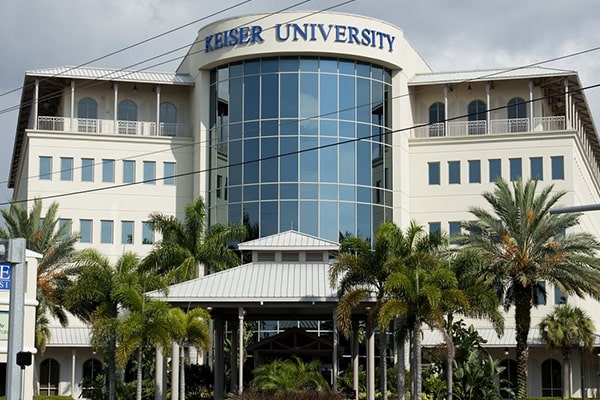Verizon Law Enforcement Emergency Ping: Empowering Swift and Effective Emergency Response
Fverizon-law-enforcement-emergency
Introduction:
In times of emergencies, swift communication and response are critical to ensuring public safety. Verizon, a leading telecommunications company, has developed a powerful tool known as the Law Enforcement Emergency Ping. This article explores the significance of Verizon’s Law Enforcement Emergency Ping feature, its role in emergency response, and how it aids law enforcement agencies in safeguarding communities.The Importance of Emergency Pinging:
During emergency situations, every second counts. Traditional methods of communication may not always provide immediate and precise location data for individuals in need of assistance. Verizon’s Law Enforcement Emergency Ping serves as a valuable resource for law enforcement agencies, enabling them to swiftly locate and respond to individuals in emergency situations.How Verizon’s Law Enforcement Emergency Ping Works:
Verizon’s Law Enforcement Emergency Ping utilizes advanced technology and partnerships with law enforcement agencies to facilitate rapid response. Here’s an overview of the process:
2.1 Request for Emergency Ping: Law enforcement agencies can submit a formal request to Verizon, providing essential details such as the phone number associated with the emergency, the reason for the ping, and the nature of the emergency. This request triggers Verizon’s response team to initiate the emergency ping process.
2.2 Obtaining Location Data: Verizon employs its network infrastructure and geolocation technology to determine the precise location of the device associated with the emergency. This information is crucial for emergency responders to reach the scene promptly.
2.3 Confidentiality and Privacy Measures: Verizon places utmost importance on user privacy and follows strict protocols when handling requests for Law Enforcement Emergency Pings. All requests are subject to legal requirements, ensuring that privacy concerns are addressed while balancing the need for public safety.Benefits of Verizon’s Law Enforcement Emergency Ping:
3.1 Enhanced Emergency Response Time: By leveraging the Law Enforcement Emergency Ping, law enforcement agencies can significantly reduce response times during critical situations. Swiftly locating individuals in need of assistance allows first responders to arrive at the scene promptly, potentially saving lives and minimizing harm.
3.2 Increased Accuracy and Precision: The geolocation technology employed by Verizon ensures that law enforcement agencies receive accurate and precise location data. This information helps responders pinpoint the exact location of the emergency, even in situations where the caller is unable to provide precise details.
3.3 Public Safety and Crime Prevention: Verizon’s Law Enforcement Emergency Ping plays a vital role in public safety and crime prevention. It aids law enforcement agencies in locating missing persons, responding to urgent calls for help, and apprehending suspects, thereby ensuring the overall security of communities.Collaborative Partnerships and Training:
To maximize the effectiveness of the Law Enforcement Emergency Ping feature, Verizon collaborates closely with law enforcement agencies. These partnerships include training sessions and workshops that educate law enforcement personnel on the best practices for utilizing this tool efficiently. Through continuous collaboration, Verizon and law enforcement agencies work together to refine emergency response procedures and improve public safety outcomes.
Conclusion:
Verizon’s Law Enforcement Emergency Ping feature represents a significant advancement in emergency response capabilities. By enabling law enforcement agencies to swiftly locate individuals in distress, this tool contributes to the overall safety and well-being of communities. The accuracy, speed, and collaborative efforts between Verizon and law enforcement agencies demonstrate a shared commitment to leveraging technology for public safety, ensuring a more secure future for all.




